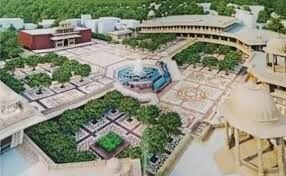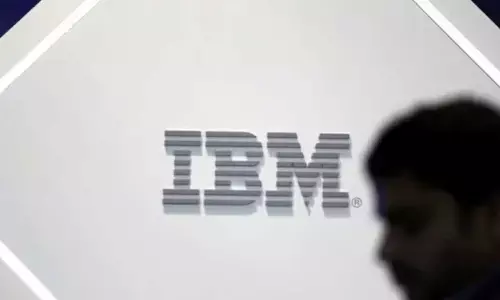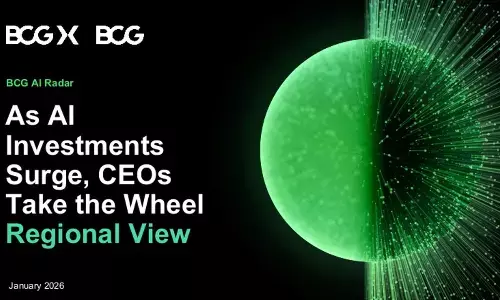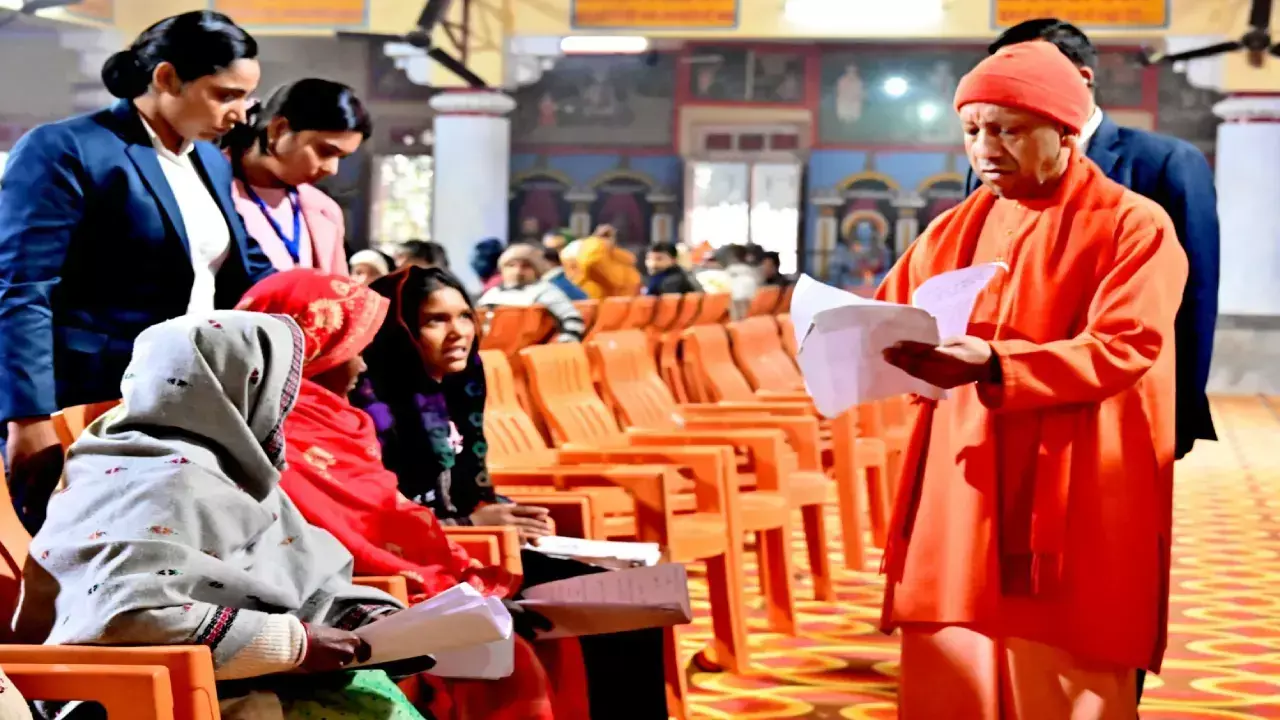Is nuclear power a viable clean energy alternative?
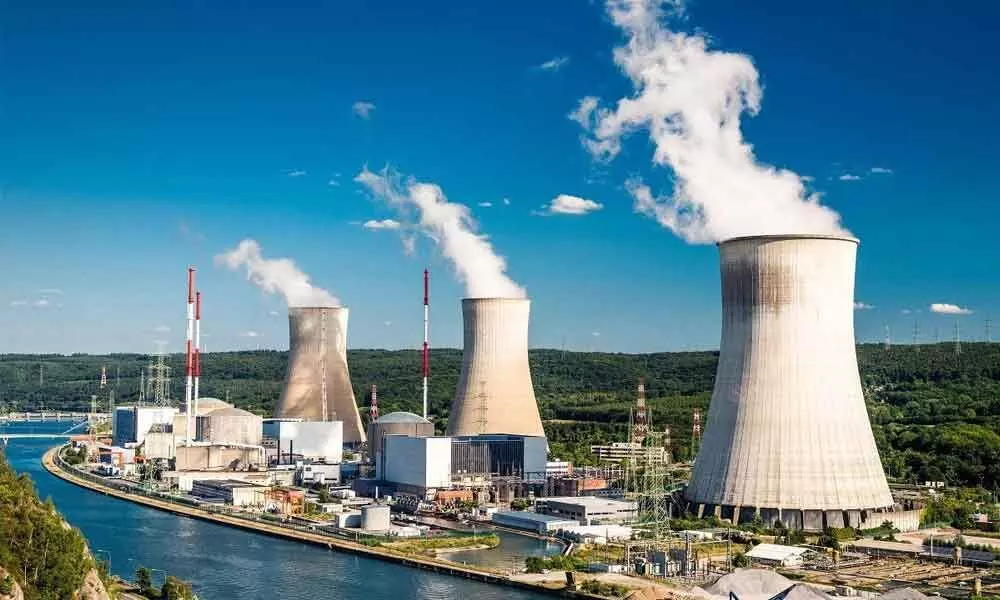
Is nuclear power a viable clean energy alternative
- Its carbon footprint is the same as the wind, less than solar, and far less than coal-based power
- On a global scale, nuclear power could be a significant player in the years to come. China, the largest greenhouse gas emitter, increased its nuclear output to six per cent in 2020 and currently has 17 new reactors under construction.
When we hear the words "clean energy," we think of solar panels or wind turbines, but we rarely think of nuclear energy. Nuclear is usually left out of the "clean energy" narrative despite it being one of the largest sources of low-carbon electric power in the world.
France already meets 70 per cent of its electricity needs from nuclear energy. US President Joe Biden committed to cut overall carbon emissions to half by 2030. The US will have to move to carbon-free power generation by then. They projected that renewable energy would produce more than 40 per cent by 2050 - a remarkable growth, but still short of what's needed to decarbonize the grid by 2035. This challenge has led some prominent thinkers such as Bill Gates to reconsider nuclear power as a viable alternative. Nuclear power has a lot going for it. Its carbon footprint is the same as the wind, less than solar, and far less than coal-based power. Gates has been thinking about nuclear power for a while. He founded TerraPower in 2006 and recently told lawmakers that he would invest $1 billion and raise $1 billion more in private capital.
But there are still serious debates on the expansion of nuclear power. The main concerns being the safety and disposal of radioactive waste. Plus, nuclear reactors are expensive and take time to build. And despite residual public misgivings over Three Mile Island and Chernobyl, the industry has learned its lessons and established a solid safety record during the past decade. This led to the next-generation designs, producing small, modular and advanced reactors designed to be safer and flexible. An MIT study suggests that standardizing reactor designs and building the same reactor many times is a key to reducing costs. One way to do that may be with small modular reactors (SMRs), which are generally considered to be less than 300 megawatts. This allows these reactors' components to be built efficiently in factories. The small reactors could either be used individually or combined to make a single large power plant.
The US Department of Energy awarded $80 million each to two companies working on advanced reactor designs intended to address this problem. The first, TerraPower, a startup founded by Bill Gates, is working on a sodium-cooled reactor that, instead of using its heat directly to drive a turbine and generate electricity, stores the heat in a tank of molten salt, where it can be tapped to generate electricity when needed. The second grant went to a company called X-energy for a gas-cooled reactor that operates at very high temperatures, producing steam that would be suitable for industrial processes and generating electricity.
On a global scale, nuclear power could be a significant player in the years to come. China, the largest greenhouse gas emitter, increased its nuclear output to six per cent in 2020 and currently has 17 new reactors under construction. Most other countries with large nuclear power programs—including France, Japan and the UK -employ a closed nuclear fuel cycle. In these countries, used fuel is recycled to recover uranium and plutonium (produced during irradiation in reactors) and reprocess it into new fuel.
While there is a contingent that believes nuclear is the solution to this impending global crisis, there is also a severe ongoing debate on the risks involved in using nuclear power. Only time will tell in which way this balance will eventually tilt.
(The author is Chairman and CEO of Hyderabad-based Brightcom Group)









